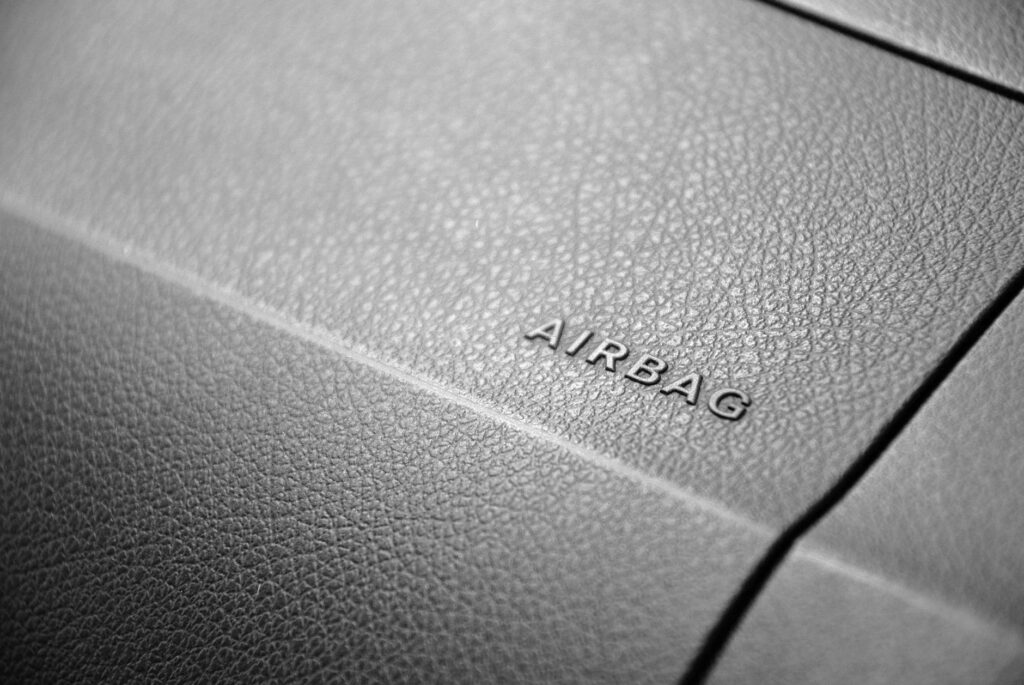If you’ve owned a Citroen C3 or DS 3 from 2009 to 2019, you’re owed compensation! For years now, companies have been cutting down on safety regulations and checks, trading your safety for profit. It seems that the car company Citroen has joined the history books in this regard with their airbag, but Bond Turner wants you to get justice.
A survey conducted in 2021 revealed that defective vehicles contributed to a huge 1,700 road casualties in Great Britain, ranging from malfunctioning brakes to poorly made tyres, with the number increasing every year. This leads to the question of how this keeps happening and, more importantly, what happens to the victims?
The history of car scandals
In the 1970s, the Ford Pinto was involved in a long-running safety scandal regarding its fire-prone fuel tank, which resulted in deadly fires that took lives. Unfortunately, this issue continues into the twenty-first century with the French car company Citroen and their use of Takata airbags.
The Citroen airbag recalls
This year, Citroën initiated a widespread recall affecting approximately 120,000 units of their C3 and DS 3 car models produced between 2009 and 2019. This unprecedented action was categorised as a “stop-drive” recall, a measure reserved for situations where continued use of the vehicle poses an immediate and severe safety risk.
The core of the issue lies with defective Takata airbags installed in these vehicles. Investigations revealed that when these faulty airbags deploy, they can tragically release shrapnel into the vehicle’s cabin. This catastrophic malfunction has already led to at least one fatality, a driver in France whose sudden death was directly linked to an exploding airbag.
The gravity of this incident was such that it triggered an immediate and widespread recall of the vehicles in question. Furthermore, an urgent advisory was issued to all owners, compelling them to immediately cease using their vehicles. This directive was reinforced with the explicit threat of substantial fines exceeding £250 for non-compliance. The primary motivation behind these swift measures was the concern that, without such intervention, the inherent dangers posed by the vehicles could very realistically lead to further fatalities.
The Solution
Citroen has offered affected individuals a measly £22 a day for the trouble, whilst their cars are repaired for free at a workshop. However, this is not as good a deal as it sounds. Most have found that this small amount of compensation barely covers an Uber one-way to work or school, and the ‘free’ repairs to their car can take up to 6 months, leaving people frustrated with no other options.
This raises the question of fairness, especially considering Citroen’s prior profit from cost-cutting measures that led to the incident are not affected and there have been no fines issued to the company. Legal firms, such as Bond Turner, argue that these car owners are entitled to more substantial and appropriate compensation to cover any public transport or replacement cars.
If you believe you deserve compensation for all the trouble you have been through, contact Bond Turner and get your justice.

